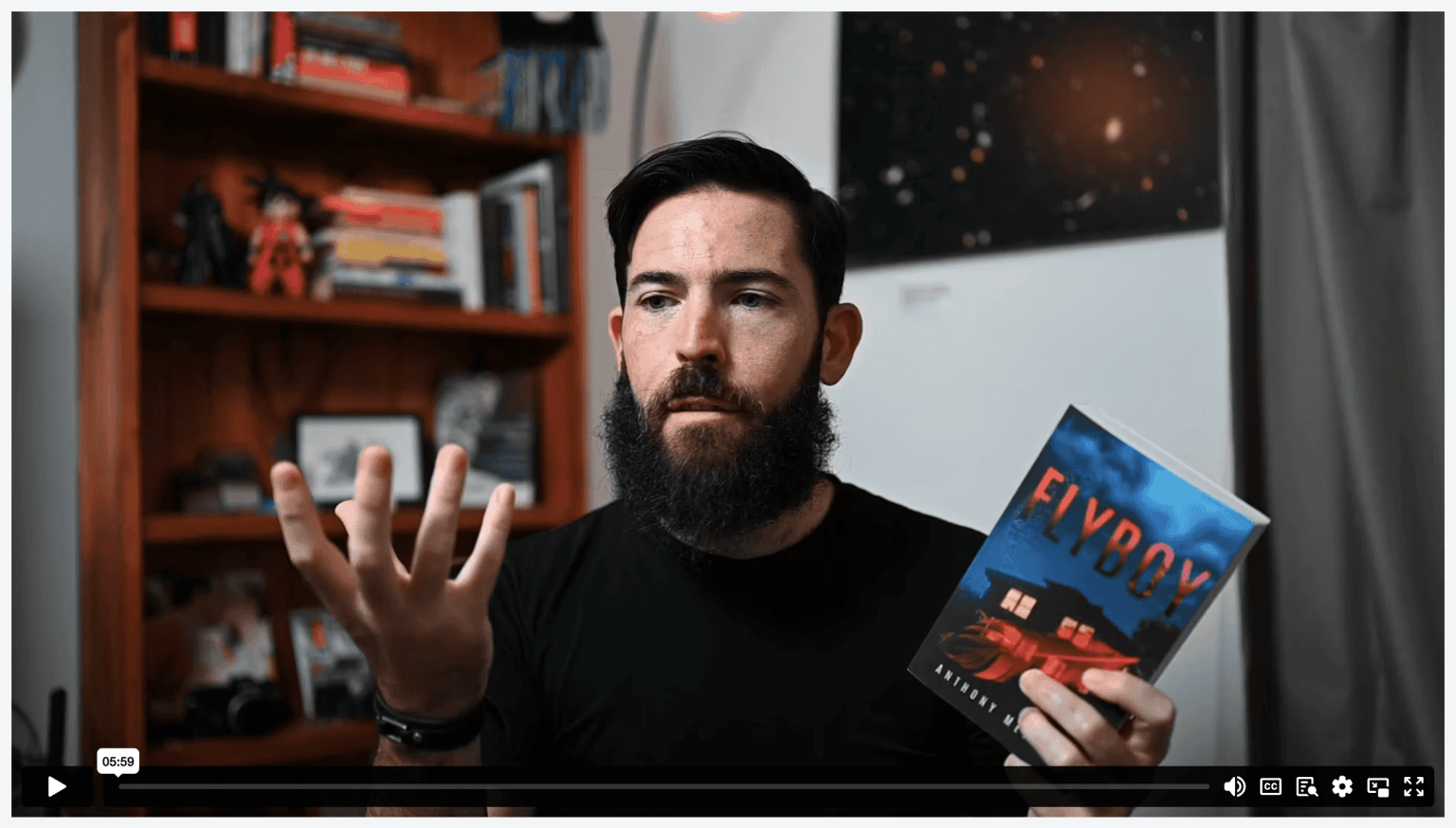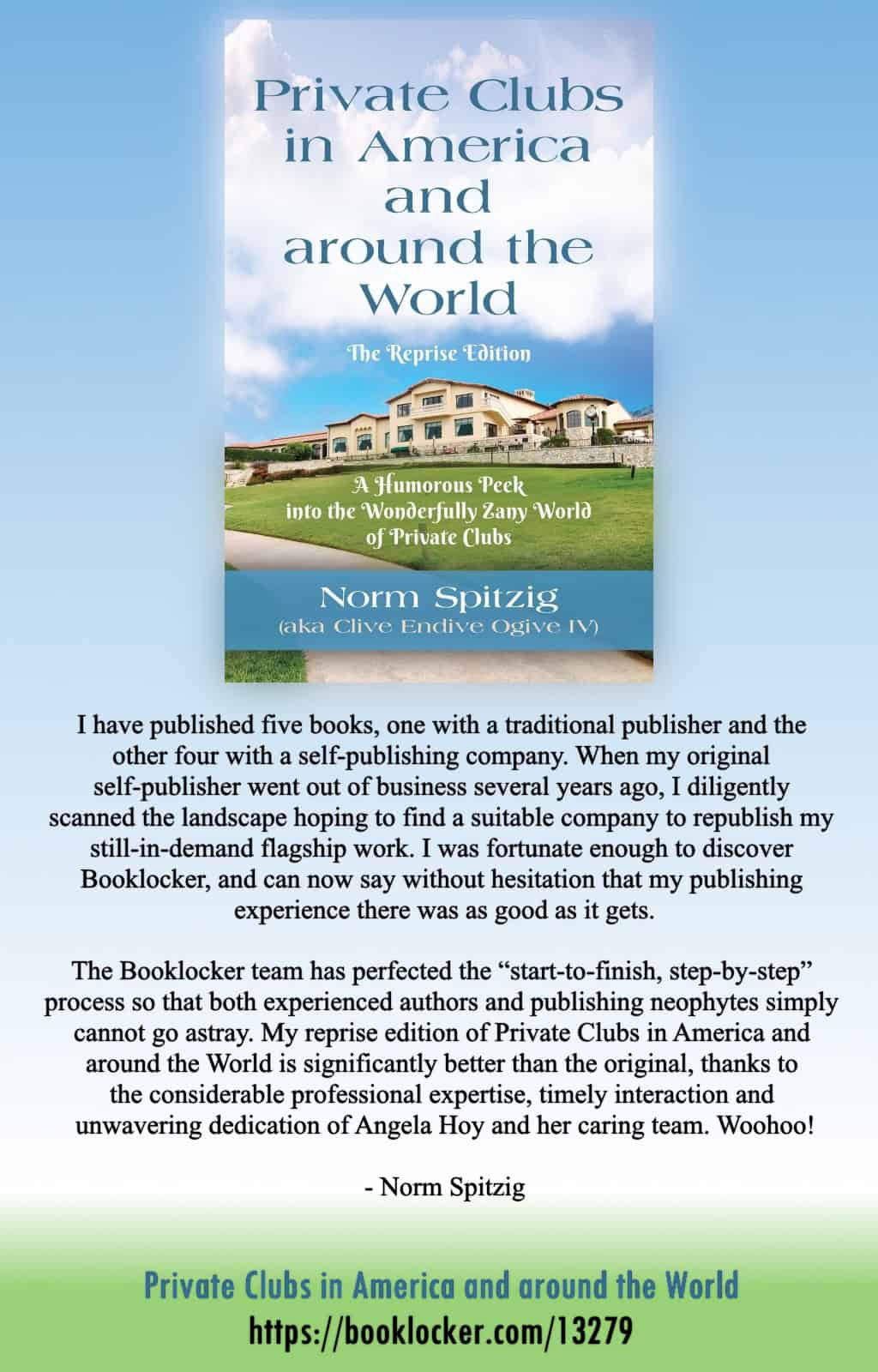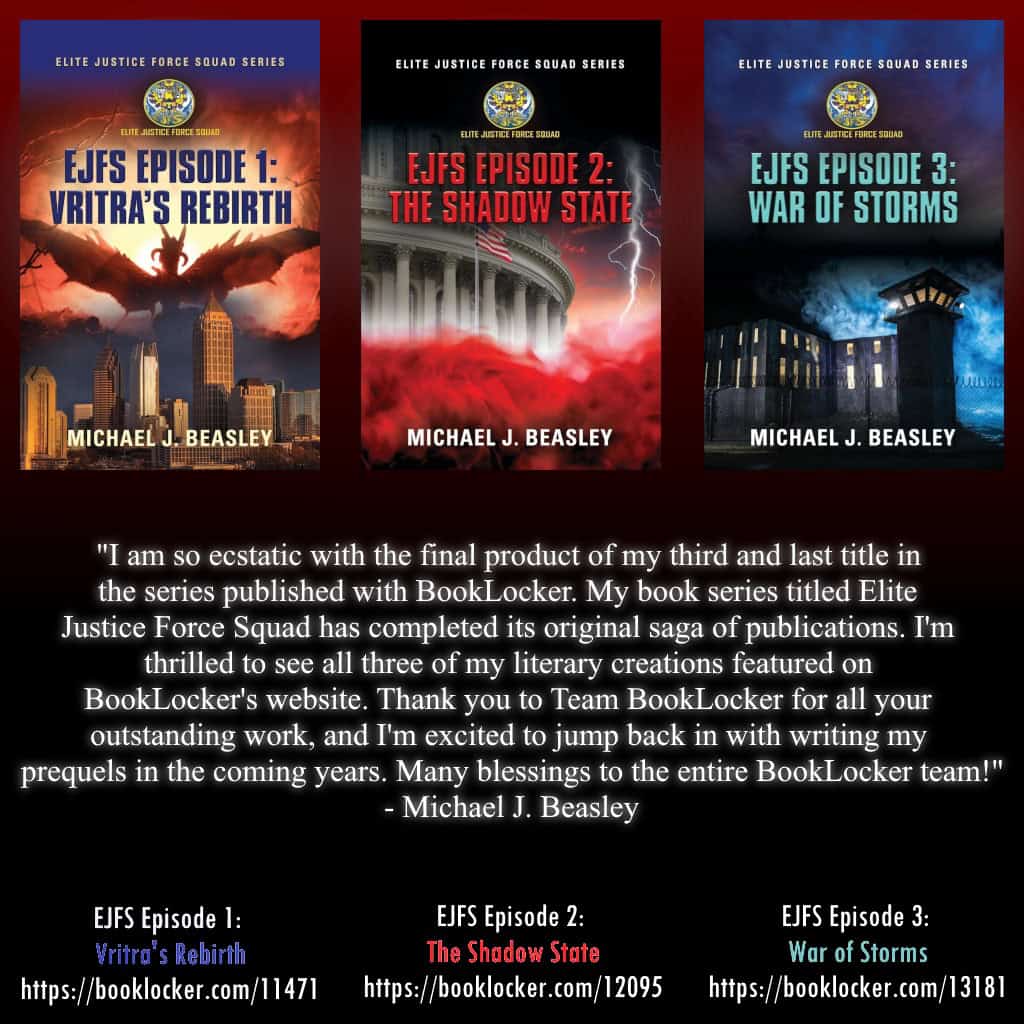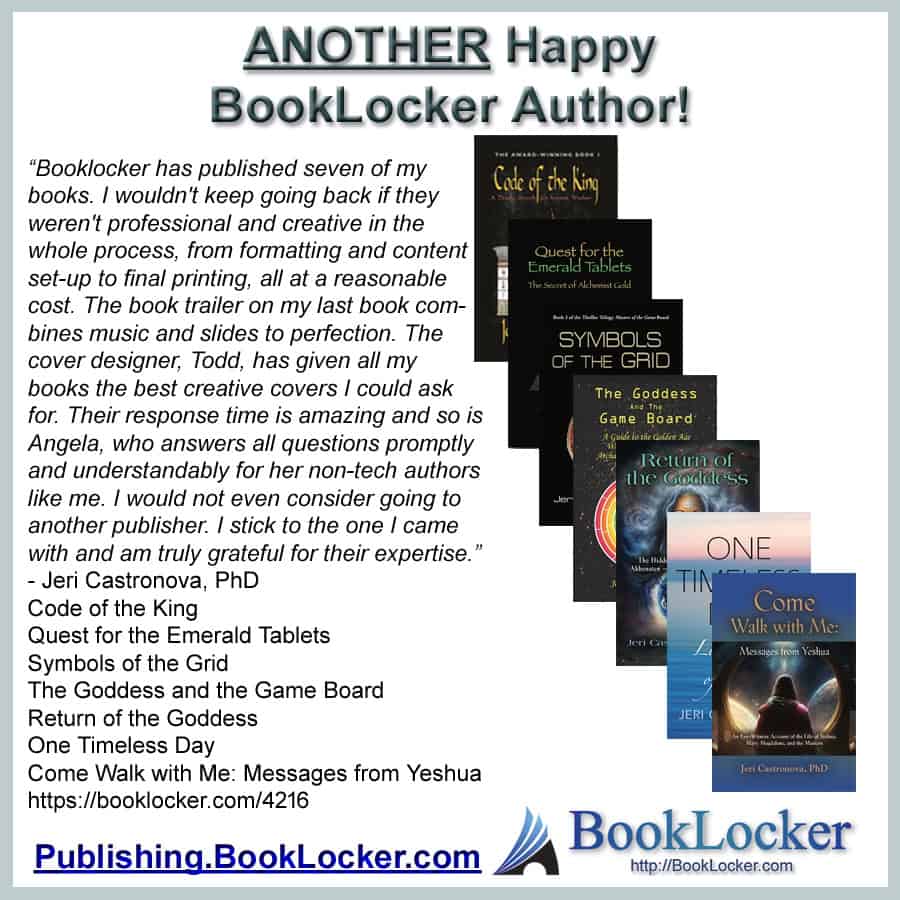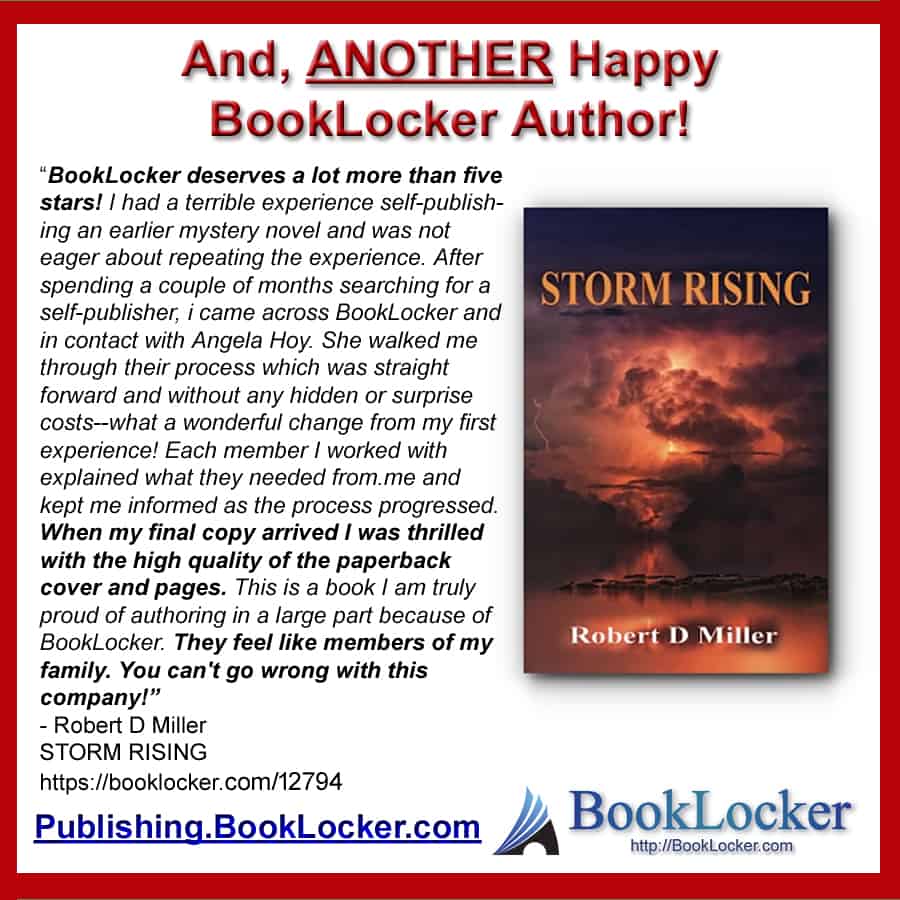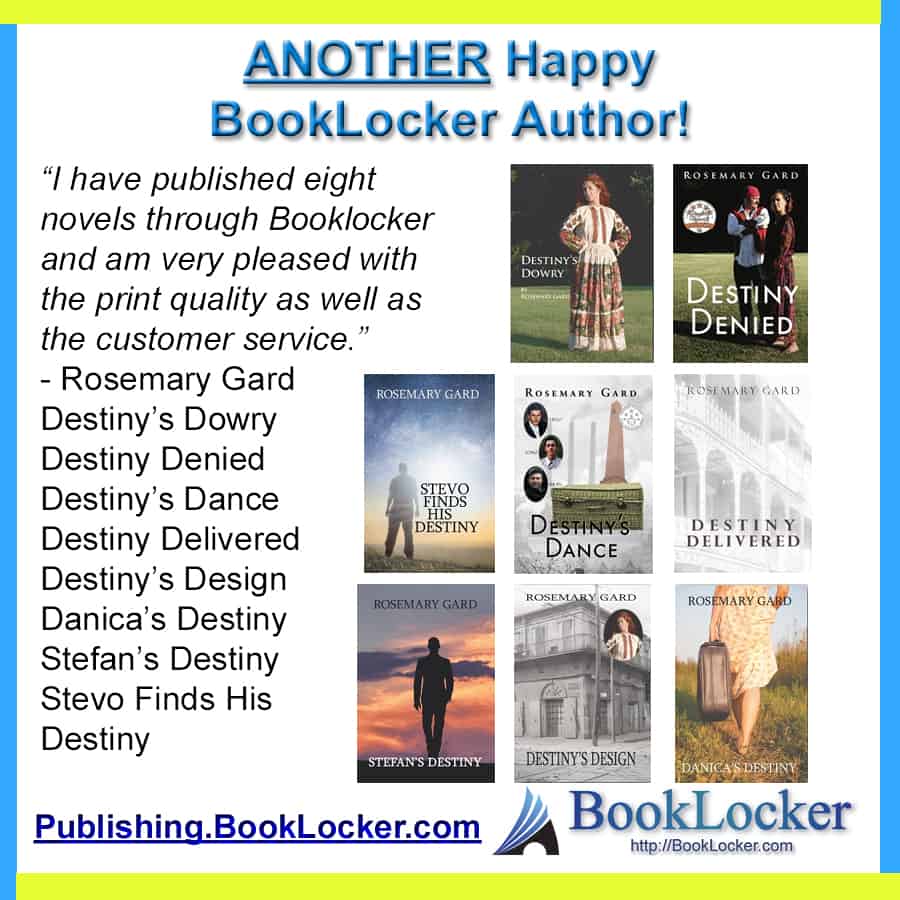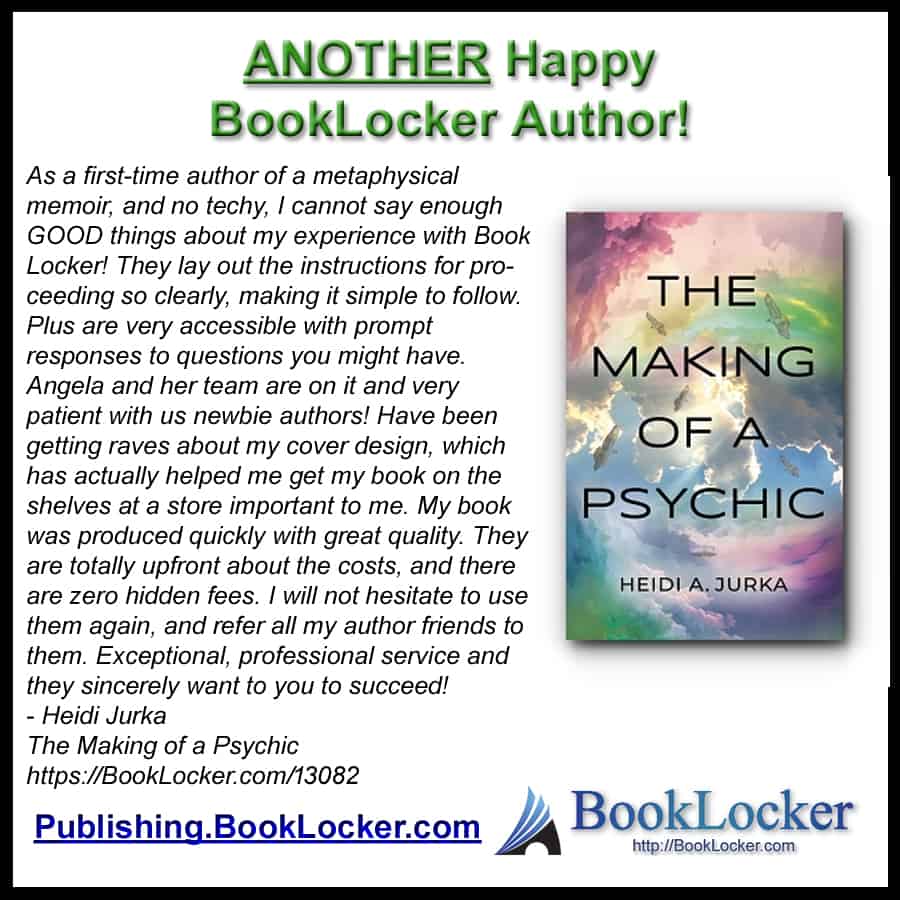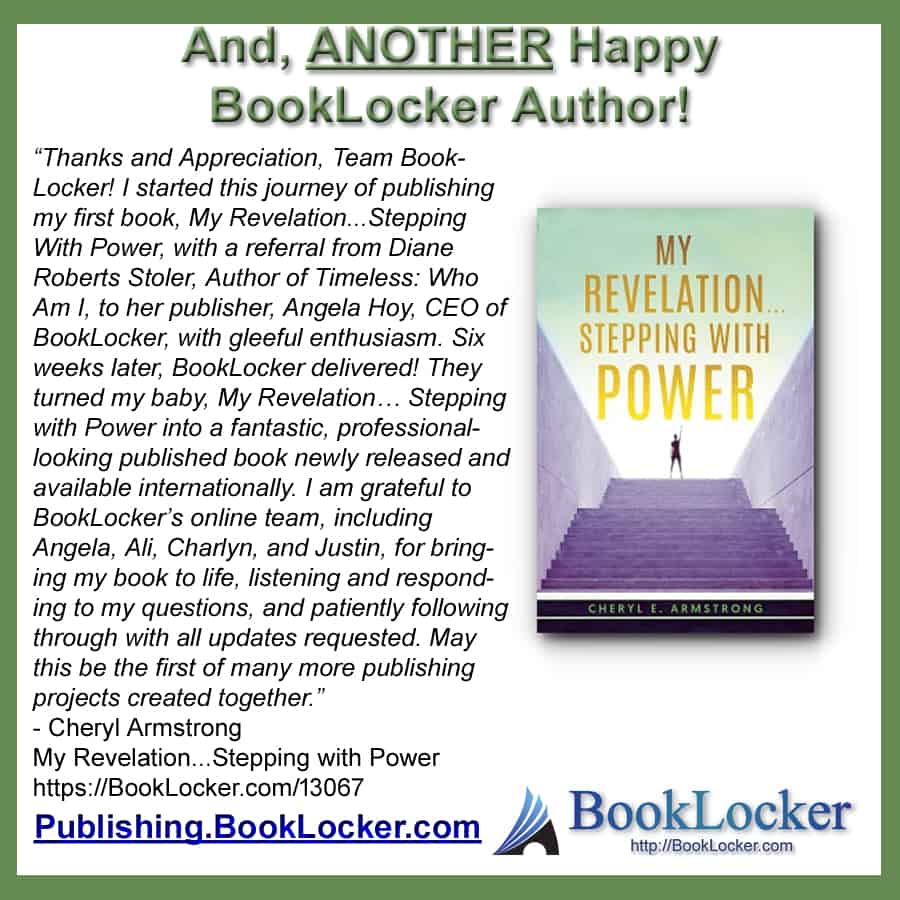In the bustling realm of publishing, the notion that a successful author needs a robust catalog of titles is often regarded as gospel truth. Ryan Holiday’s acclaimed book, Perennial Seller, hammers this point home emphatically, yet, as any seasoned writer knows, there’s always room for deviation from the norm. Enter the captivating tale of Flyboy, a novel that not only strays from conventional wisdom but artfully spins a web between crime fiction and memory techniques. This unique approach raises some intriguing questions: Can a detective’s journey through memory techniques resonate with readers? Will it serve as both story and learning tool? As Anthony Metivier walks us through the process that led him to sell his first 500 copies—without relying on the usual Amazon syndicate—we’re invited to explore his innovative strategies and discover how one can carve a niche that’s distinctly their own. So, how do you launch a book in a way that not only captures interest but also teaches a valuable skill? Let’s delve into this fascinating journey together. LEARN MORE
We’ve all heard that lasting success comes from having a catalog of titles. Ryan Holiday wrote an entire book called Perennial Seller to drive this fact about the publishing industry home. However, just because he’s correct on this point doesn’t mean there aren’t exceptions to the rule. Far from it.
Having had Holiday as a consultant on my non-fiction guide to memory and meditation, The Victorious Mind, I had more than his lessons in Perennial Seller on my mind when I wanted to launch an experimental novel. He and I discussed everything from colors on the cover to what placement works best in airport bookstores. But, none of those considerations applied in this case.
That’s because Flyboy is not “experimental” in the sense of being avante-garde. It’s a legit novel in the crime genre, heavily influenced by Michael Connelly, Camilla Grebe, John Grisham, James Lee Burke and Agatha Christie. The only distinguishing factor in Flyboy from a standard entry to the crime genre is that the detective uses memory techniques, and discusses how he learned them with the reader. The experimental question was whether or not people would learn the “art of memory” from a story like this. It turns out they did.
But, because I recognized that it’s admittedly a bit strange for a detective to talk about using memory techniques, I decided to keep this book off of Amazon. I’m sure I could have ranked it in a category or two, very temporarily. But, I wasn’t remotely sure it would get supportive reviews from people unaware of my work. I myself would find it weird if I bought a Bosch novel from Michael Connelly only to get lessons here and there in using something like the art of memory, especially if I’d never heard of this ancient learning tradition before.
In that situation, I would most likely not enjoy any back catalog benefits by getting angry readers to look at the how-to books I do have available on Amazon. So, I had to come up with some other solution to test three things at the same time:
1) If I even had a shot at creating fiction people enjoy, something I’d failed at in the past.
2) If the novel would even work as a teaching tool. (Spoiler alert: Turns out it does.)
3) If Flyboy would warrant writing a sequel based on the initial interest, thereby starting to establish a back catalog within this hyper-specific niche.
To a certain extent, my idea was already well-proven. As I’ve reported on previously, part of how Paul Pimsleur started his massively successful language learning series involved producing short story books for Spanish learners.
Does the Pimsleur Method Really Work? A Little, And Here’s Why
My friend Olly Richards has also established a massive brand with his Storylearning series of books.
Those models are interesting and helpful but I still needed to work out a process I could repeat, assuming the initial launch proved successful. And, I needed a way to entice people to give something that was likely completely new to them a try: a genre-specific novel “disguised” as a learning experience.
It turns out that the process I hammered out worked very well and I now have an evergreen funnel that continues to attract new readers of Flyboy to this day as I am currently editing draft six of its sequel. And, it’s a great and motivating feeling that readers regularly ask me for news on when Vitamin X will finally be released.
Although the process I’m about to describe won’t suit all authors, it’s worth going through the steps as a thought exercise. Chances are you can emulate and even beat my success while binding your ideal readers even closer to your author brand.
Here’s what I did to make the launch a success, and create an ongoing flow of sales:
After finalizing the Ebook, print and audiobook formats for Flyboy, I created a game called “Memory Detective” for the launch. Designed for live-action play on Zoom, I made sure the game was also playable as a replay.
 That way, people who couldn’t be there live could still play the game by pressing play, and letting the adventure begin. If you make a game involving your story world yourself, keep this in mind. Having the game take place live will give you an authentic deadline for the offer, without excluding those who can’t be there when the game takes place.
That way, people who couldn’t be there live could still play the game by pressing play, and letting the adventure begin. If you make a game involving your story world yourself, keep this in mind. Having the game take place live will give you an authentic deadline for the offer, without excluding those who can’t be there when the game takes place.
In my case, people were just as delighted with playing Memory Detective in the replay version as they were with the live experience. This means that the game can be played live again anytime I wish to re-promote the novel, without having to do a live version.
The key was to set everything up during the launch using the Pretty Link plugin. It lets you change the destination of any link at any time. As a result, I was able to announce the launch to both my email list and YouTube channel. Following the end of the launch, I simply changed the link destination from the launch sales page to a page where people can sign up for a sample from the novel.
Using SamCart, I was also able to make pages for independent Ebook, print, and audiobook sales, or have them all available on one page with an “order bump.”
 The beauty of using shopping cart software like SamCart is that it also allows you to quickly change a template so it fits the look of your novel.
The beauty of using shopping cart software like SamCart is that it also allows you to quickly change a template so it fits the look of your novel.
To make the print and audio versions of the book more enticing, each came with special bonuses exclusive to these formats. The print book comes with puzzles the reader can solve and the audio has a special lesson in how to remember more of what you hear from books and podcasts. Nothing like this is possible on Amazon as far as I’m aware.
Another way I’ve continued getting people interested in Flyboy is to have it featured at the bottom of bonuses that come with my standard memory improvement guides. For example, at the bottom of the page of bonuses for my book SMARTER, people are asked if they’re interested in more innovative memory training. There’s a quick description of Flyboy, and people taking advantage of the bonus training that comes with SMARTER scoop up this novel at a regular clip.
The obvious “catch” to using a model like this is that you have to have an existing audience. For many authors, this will be a challenge, but not an insurmountable one. I started years ago with nothing more than one book on Amazon, and later a blog. From there, I developed a podcast and a YouTube channel along with the standard constellation of social media pages.
As discussed recently on Writers Weekly, the world of publicists can be risky.
More and more, writers are expected to bring audiences of their own as well, so I suggest discussing your writing on YouTube, and developing an audience. Before you know it, they’ll be sending you videos of themselves discussing your books, and that’s social proof that will wake up traditional agents and publishers. You can continue building up your own back catalog…or more than one catalog, as I’ve been working on.
You got this!
RELATED
 Anthony Metivier is the founder of the Magnetic Memory Method, a systematic, 21st Century approach to memorizing foreign language vocabulary, names, music, poetry and much more in ways that are easy, elegant, effective and fun.
Anthony Metivier is the founder of the Magnetic Memory Method, a systematic, 21st Century approach to memorizing foreign language vocabulary, names, music, poetry and much more in ways that are easy, elegant, effective and fun.
What separates Anthony from other memory trainers is that he doesn’t focus on long strings of digits or training for memory championships. He offers simple techniques for memorizing the information that improves your daily life. There’s no hype in his training, just techniques that work.
Anthony Metivier
Magnetic Memory Method
https://www.magneticmemorymethod.com
HAVE A QUESTION ABOUT SELF-PUBLISHING A BOOK?
Angela is not only the publisher of WritersWeekly.com. She is President & CEO of BookLocker.com,
a self-publishing services company that has been in business since 1998. Ask her anything.
